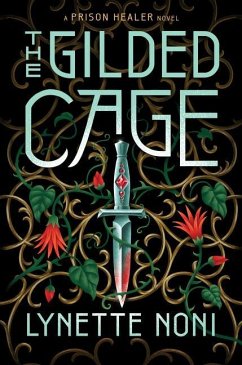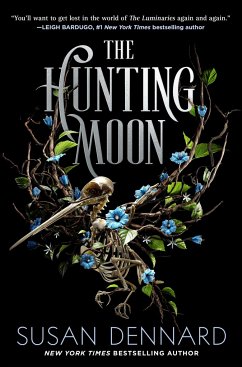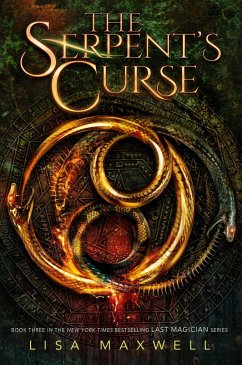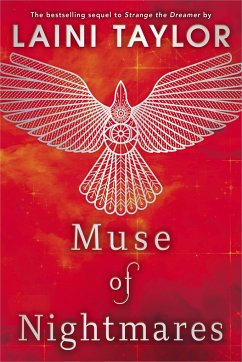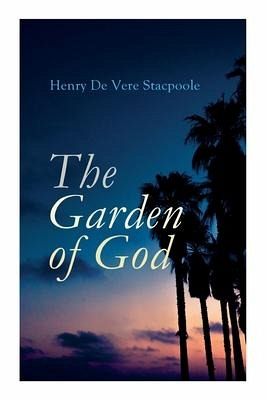
The Garden of God
Versandkostenfrei!
Versandfertig in über 4 Wochen
8,49 €
inkl. MwSt.
Weitere Ausgaben:

PAYBACK Punkte
4 °P sammeln!
In "The Garden of God," Henry De Vere Stacpoole crafts an evocative narrative that intertwines the themes of love, loss, and the quest for spiritual redemption against the backdrop of a lush, paradisiacal landscape. This novel is marked by its lyrical prose, rich imagery, and a profound exploration of the human condition, set in a fictive South Sea island that serves as both a literal and metaphorical garden of Eden. Stacpoole's work engages with the literary tradition of romanticism, while also reflecting the author's fascination with nature and human introspection, inviting readers to ponder...
In "The Garden of God," Henry De Vere Stacpoole crafts an evocative narrative that intertwines the themes of love, loss, and the quest for spiritual redemption against the backdrop of a lush, paradisiacal landscape. This novel is marked by its lyrical prose, rich imagery, and a profound exploration of the human condition, set in a fictive South Sea island that serves as both a literal and metaphorical garden of Eden. Stacpoole's work engages with the literary tradition of romanticism, while also reflecting the author's fascination with nature and human introspection, inviting readers to ponder the delicate balance between earthly desires and spiritual yearnings. Henry De Vere Stacpoole, an Irish-born author and nurse, drew heavily from his own experiences during his travels throughout the South Seas. His therapeutic background imbued his writing with a deep empathy for the human experience and an acute awareness of life's fragility. Stacpoole lived during a period of burgeoning interest in exotic locales, and his X-ray vision of the secrets beneath their beauty provides a compelling commentary on the human soul's eternal search for purpose. "The Garden of God" is recommended for readers who appreciate poetic introspection and existential musings interwoven with vivid, sensory descriptions. This novel will resonate with anyone who seeks to understand the duality of human existence and the potential for grace amid chaos, making it a timeless journey worth embarking upon.




